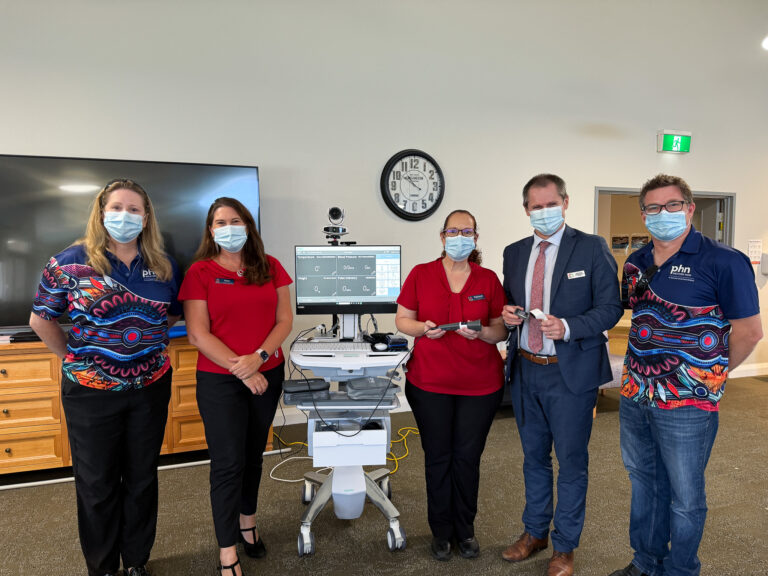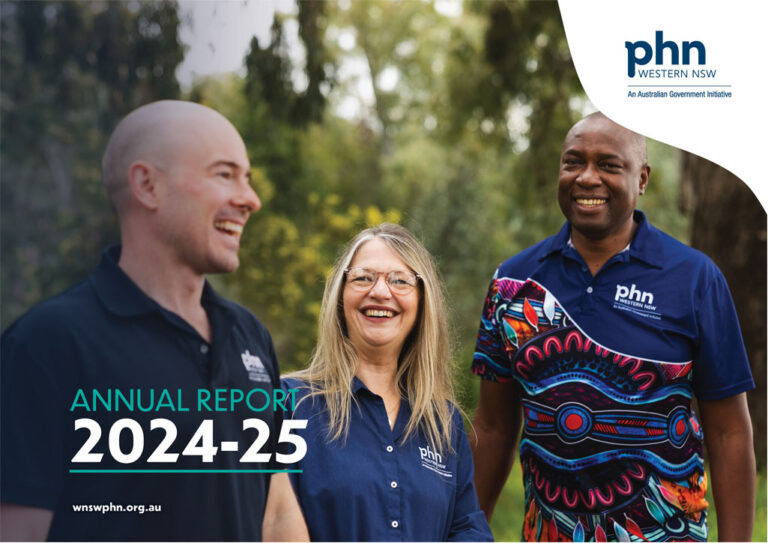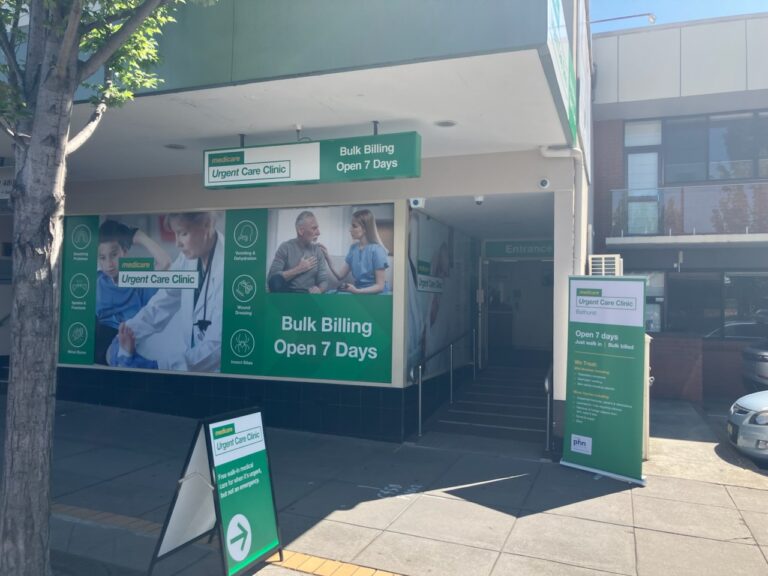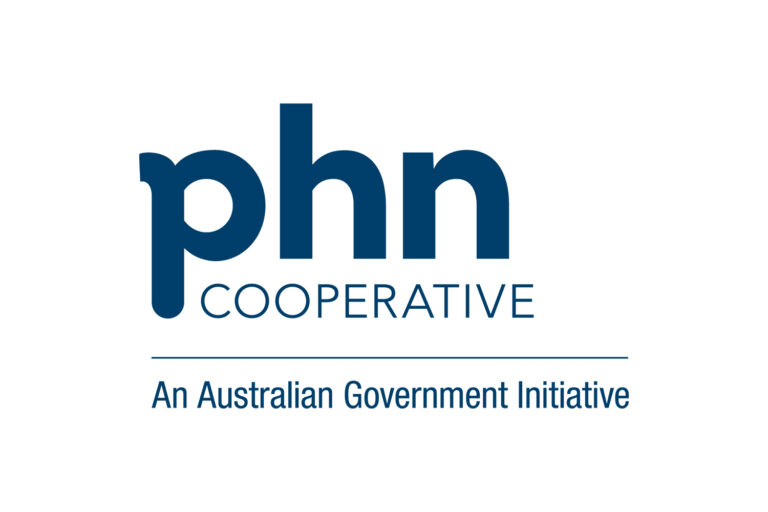Distance from specialists, transportation complications and waiting times are three regional health challenges that will be improved with the launch of Royal Freemasons’ Benevolent Institution’s digital health service, utilising Visionflex telehealth carts to improve access to high-quality care for residents.
RFBI was a recipient of Western NSW Primary Health Network’s Telehealth Support Grant, and with their own additional investment were able to purchase the Visionflex telehealth cart for their Dubbo Masonic Village.
On Thursday 22 February 2024, RFBI Dubbo Masonic Village hosted a show-and-tell demonstration for residents, families and health professionals to see the Visionflex telehealth carts in action, walking through the capabilities of the cart, including the real-time diagnostic tools that will be used to support telehealth appointments, and benefits of the service.
Like many regional health centres, one of the prominent issues faced by RFBI Dubbo Masonic Village is connecting residents with GPs and specialists. The introduction of telehealth carts allows for a seamless experience to reduce the number of times residents are transported to hospitals or specialist offices.
“To connect a resident with a health professional, GPs and specialists either had to leave their busy practices or on-site staff had to transport residents out of the Village. We can now do a comprehensive consultation virtually, which benefits Village residents, the health professionals who care for them and the wider Dubbo community, says Delwyn Gates, General Manager of RFBI Dubbo Masonic Village.
The onsite team can now improve access to high-quality care for residents by utilising the telehealth cart’s exam camera, ECG machine and wound probe.
“For example, if a resident is experiencing mild chest pain, we can use the ECG machine onsite with the doctor virtually, who can hear and see what is happening in real-time. This helps our staff get more timely results, without the transportation and waiting times, and ensures quick, effective care, says Delwyn.
RFBI’s CEO, Frank Price, underscores the importance of embracing technology to provide increased care to ageing Australians, particularly important for those living regionally.
“Progressive health practices, including telehealth services, are vital to address the challenges that regional-living older Australians face. Tackling these challenges will ultimately advance the diagnosis process and reduce the number of hospitalisations within the community, says Price.
“We’re conscious that the goal is not to replace face-to-face appointments but to better support health professionals in providing high-quality care to residents when in-person visits are challenging, Price adds.
The service has already welcomed positive feedback from residents and health professionals within village communities across New South Wales, with many older Australians embracing technology to assist in overcoming barriers to support their health and wellbeing.
Visit RFBI’s website for more information.
Pictured above (from left to right): WNSW PHN Digital Health Support Officer Lisa Boes, RFBI Chief Marketing Officer Alana Parker, RFBI General Manager of Dubbo Masonic Village Delwyn Gates, Dubbo Regional Council Mayor Mathew Dickerson, and WNSW PHN Senior Digital Health Officer Brenton Jones.








